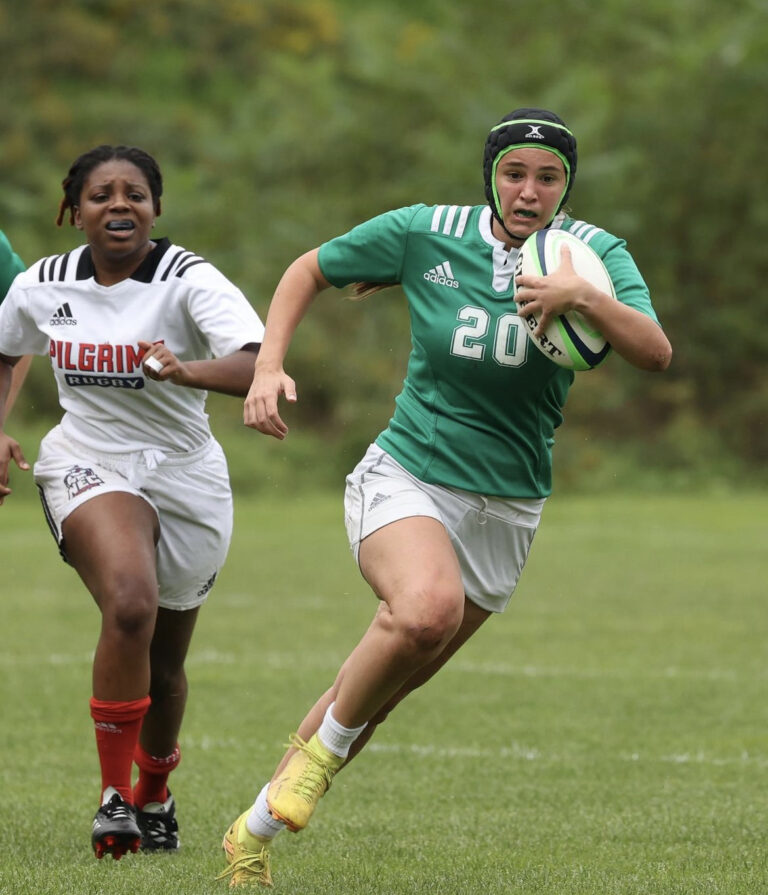Sports bringing relief from day-to-day boredom
It’s a hot September afternoon, and Zach Thompson sits up in his chair, a smile on his face. He glances to the ceiling, then the thought pops into his head.
But before he speaks, he blows a big breath of air out, and goes right back to thinking.
Then finally, he sighs.
“I couldn’t imagine people who don’t play sports, they don’t get that extra relief,” said Thompson, a first-year men’s basketball player at Vermont State University Castleton.
While there’s no argument that student athletes have busy lives, to the outside eye it could seem that sports are just adding more to their plate. But some student athletes would say differently.
Many view their sport as an escape from their everyday life, and the distractions, stress and problems that they face.
“Sometimes life gets you emotionally drained, but being a part of a team gives me a reset button, an escape for a little bit,” Thompson said.
While everyone does indeed have their struggles in life, these athletes say they use sports to dilute their struggles with life.
“I use sports to reduce my stress, and to distract myself from my day-to -day life,” said Shelby Wells, a first-year women’s basketball player at Vermont State University Castleton.
To play a sport in college, there is no doubt that it takes a tremendous love for the game and countless hours dedicated to their respective sport.
But athletes at this level say that’s another reason they do it because they are surrounded by people who are like-minded and share a common goal.
“I love my team, and I love the culture we have here,” Wells said.
Being able to build connections that last a lifetime is special. But being able to not just play for each other, but for the school and other fans, is a feeling that these student athletes say they live for.
“It gives you a family,” Thompson said.
It’s important to remember, however, that everyone has their struggles, and issues. Nobody is immune to mental health struggles, and most do.
According to a study from the NCAA “rates of mental exhaustion, anxiety and depression have seen little change since fall 2020 and remain one-and-a-half to two times higher.”
With that being said, the rise in awareness and resources around the athletes are at an all-time high, according to the study.
“Sixty-three percent of student-athletes felt their teammates take mental health concerns of fellow teammates seriously,” the report reads. “And more than half, or 53 percent, reported that coaches take mental health concerns of their student-athletes seriously.”
With mental health awareness on the rise, it’s also important to know where, when and how you can access information to help you with your struggles, like the Wellness Center at VTSU Castleton.
While student athletes say the importance of being on a team helps with mental health, coaches agree.
“Being a part of not just a team, but any group, helps build anyone, whether you’re struggling or not,” said Paul Culpo, the head men’s basketball coach at Vermont State University Castleton.
As a coach of 20 plus years, he has seen the evolution of the importance of mental health awareness grow. Not only on the court, but in life.
“It is something that is more prevalent now, people are more aware of it,” Culpo said.








